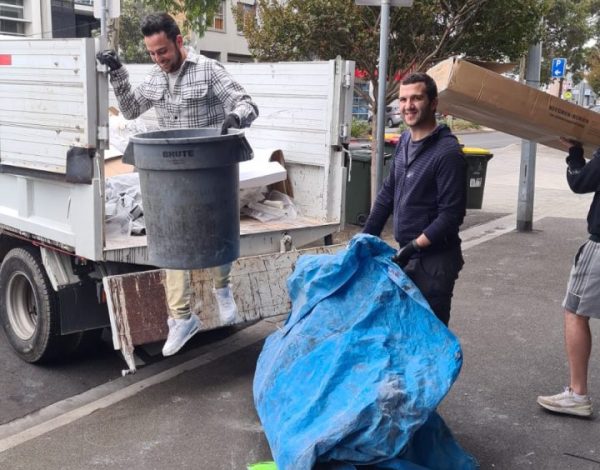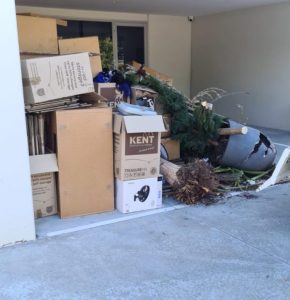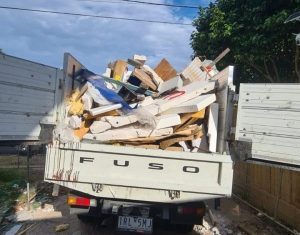Have you ever walked into a modern recycling centre? It will surprise you with the robots that are sorting out the mixed waste quickly and efficiently. It is a remarkable sign of how the ever-evolving technology is changing the game of the waste removal industry at an incredible speed. These massive technologies are ready to transform our ways of disposing of household rubbish as well as industrial hazardous waste.
Read the following article to learn about the future of waste management that will become an integral part of our lives.
Predictive Maintenance
The IoT technologies optimise the waste management platforms to monitor and extend the lifespan of assets. This is typically done within fleet management, such as containers, vehicles, and other machinery. This way, waste managers use their proactive approach to resource management. The IoT technologies can even help them know the potential risks and the future need for repairs. The best part? The advancement in technology is constantly changing the game of industrial equipment, enabling its timely maintenance and efficient preservation.
Robots and AI
The recent trend of robots working in recycling centres is not only to show off, but they are also solving the waste management industry’s complex issues, sorting mixed garbage efficiently. The robotic machines can locate different types of plastic more quickly than human beings. Besides this, they are getting more advanced, learning to deal with new kinds of materials.
Turning Waste Into Value
Another popular thing that has been gaining huge traction these days is the circular economy. It is not about using and binning rubbish materials. It is about finding tactic ways to preserve materials for a long time. Australian companies are nowadays reinventing how they can manufacture products using discarded materials. Waste firms are also exploring new techniques to give new life to old materials.
Smart Technology Integrates with the Waste Collection
Remember the days of bin lorries are outdated in the year 2025. Now, smart bins have gathered attention for waste removal across Australian cities. They instruct collection teams when they are full using high-tech sensors. Unlike old ways, these sensors track the levels of the garbage and prepare a tailored plan for the waste collection in real time. The best part? It does not cause carbon emissions due to transportation.
Waste Monitoring Platforms
Waste monitoring platforms are used as significant recycling initiatives as they can easily measure and track volumes according to KPIs and objectives. Since this advanced technology is evolving, it can enable the planning of more precise routes for the rubbish materials. Simply put, it is revolutionising the way the waste collectors manage their fleets and offering value for their organisations. Using these platforms, Australian cities can reshape their existing system and make them more environmentally friendly and economically beneficial.
The Aim of Zero Waste
More and more Australian companies are turning the dream of zero waste in landfill into reality using their tactful methods. It might sound unrealistic, but firms are boosting green methods to protect the planet from disastrous landfills.
Choosing Green Materials
These days, businesses are becoming smarter by using green materials as alternatives to industry materials. These materials are considered easier to reuse or recycle. From biodegradable packaging to the manufacturing of products, companies are being innovative about decreasing the size of waste rather than thinking about what to do with the waste.
New Australian Environmental Rules
Recent upgrades in Australian Environmental law are pushing the game of the waste industry to a new level. It means that producers are more responsible for thinking about the waste generated from their products. To support these changes in the law, digital tracking systems are playing a crucial role. This cutting-edge technology can easily track whether or not the waste ends up in the landfill- no mystery remains behind.
Autonomous Vehicles and Workforce
It is too futuristic to predict the automation of vehicles and the other workforce in waste management. However, it is argued to be a key part of the industry in the upcoming years. The automation in vehicles will improve the safety measures, as well as eliminate the risk of labour turnover within the industry.
Conclusion
The technology changes in the waste management industry are reinventing how we handle old materials that are no longer needed. At the same time, challenges remain, from the high cost of new technology to training labourers. Today, the future of the waste management industry is increasingly sustainable. Firms that adopt the latest innovations in waste removal and management will thrive and stay ahead in the industry.




